Location: 3263 Demetropolis Road, Ste 9B at the Quadrangle Business Center, Mobile, AL 36693 at Touching Hearts Senior Care Office
The Caregiver Support Groups are held the second and fourth Tuesday from 11:00 – 12:00pm and meets in the Touching Hearts Senior Care office. This is a free event and completely confidential.
The Gulf Coast Dementia Services Support Groups provide emotional, educational and social support for caregivers by master certified dementia health coach and dementia practitioner, Janet Rich Pittman, who conducts all sessions.
The Long Good-bye Support Group meets at noon for an hour on the second Tuesday of each month. Dauphin Way Methodist Church hosts this group and meets in the Family Life Room. RSVP by calling the church at 251-471-1511.
Alzheimer’s/Dementia Support Group – Third Tuesday of every month from 6 to 7 pm. No entrance or support fees associated with group. VIA Senior Center, 1717 Dauphin Street, Mobile, AL 36604. For meeting information call 251-776-5999.
Christ United Methodist Church – Second (Grief support) and Fourth Tuesday (Dementia Caregiving Support) evening, 6:00 PM. 6101 Grelot Road, Mobile, AL contact Donna Alexander for more information. (251) 342-0462.
The Retreat Hospice – Grief Support Group, Wednesday 9:30 am and Thursday 1:30 pm at 1515 B. University Blvd South, Mobile, AL. 36609. Call Chelsey Myrick at 251-380-3810 for more information.
BALDWIN COUNTY SUPPORT GROUPS:
Coming soon: First Thursday of every month at 9:00 a.m. at the Foley Senior Center, 304 E. Rose Street, Foley, AL 36535
Frontotemporal Degeneration and Related Dementias Support Group: South Alabama FTD Care Partner Support Group now meets on the LAST TUESDAY of each month from 6P to 7P at Faith Family Fellowship on Spanish Fort Boulevard. Contact Jerry Horn at (251) 626-5246 or jhorn@theaftd.org
Haven Memory Care Support group every third Tuesday from 5:30 – 6:30 pm. For more information, contact Patti Coiner, Community Development Director at Haven Memory Care, located on 6848 Gulf Shores Pkwy., Gulf Shores, AL 36542. RSVP 251-923-2800.
———————————————————————
In-person Alzheimer’s Association support groups
The Alzheimer’sAssociation offers in-person support groups for caregivers, individuals living with Alzheimer’s and others dealing with the disease. All support groups are facilitated by trained individuals. Many locations offer specialized groups for children, individuals with younger-onset and early-stage Alzheimer’s, adult caregivers and others with specific needs.
Daphne Public Library
2607 US Highway 98
Daphne, AL 36526
251-620-2500
Tuesday, November 26, 2019
6:00 PM – 7:00 PM
24/7 Helpline: (800) 272-3900
View Chapter Website
Foley Senior Center
304 E Rose Ave
Foley, AL 36535
251-943-1442
Thursday, December 5, 2019
10:00 AM – 11:30 AM
24/7 Helpline: (800) 272-3900
View Chapter Website
Marcus Pointe Baptist Church
6205 N W St
Pensacola, FL 32505
Wednesday, November 13, 2019
6:30 PM – 7:30 PM
24/7 Helpline: (800) 272-3900
View Chapter Website
——————————————————————————————————————–
For Grief Support, Friday at 2:00 pm at Westminster Village, 500 Spanish Fort Blvd., Spanish Fort, AL 251-626-2900.
Coastal Respite Care: Adult Day Center in Foley, AL coastalrespite.com
300 E. Laurel
Foley, Alabama 36535
Phone: 251-317-1212
DAYBREAK – Gulf Shores United Methodist Church, located at 1900 Gulf Shores Parkway, offers DayBreak, a ministry providing support and service for caregivers and their loved ones with Alzheimer’s Disease. DayBreak is held on Monday and Wednesday from 10 a.m. to 2 p.m. Cost is nominal and lunch is provided. For more information, contact Dolly Crewes at 251-968-3634 or Terry Fowinkle at 251-968-2377. For more information, visit their website at Gulf Shores United Methodist Church.
Haven of Gulf Shores, a new 32 bed assisted and memory care facility, offers a support group the third Thursday evening of the month. Call Teresa Carrel for details at (251)923-2800.
SHEPHERD’S PLACE – Held at Fairhope United Methodist Church on the first 1st and 3rd Tuesdays of the month at 9:30 AM. This is open to anyone who cares for someone on a daily basis. Contact Dr. Ann Pearson for further information at (251) 928-1148 or ann.pearson@fairhopeumc.org Map
ESCAMBIA COUNTY
ALZHEIMER’S FAMILY SERVICES – Support group held on the first Monday of the month at noon in the Strandell Conference Room at D. W. McMillan Memorial Hospital, 1301 Belleville Avenue in Brewton, AL. Call 251-809-8309 for information or email facilitator, Marcia De Graaf, at mdegraaf@dwmmh.org. Map


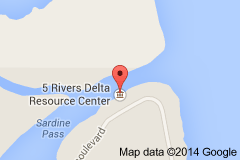
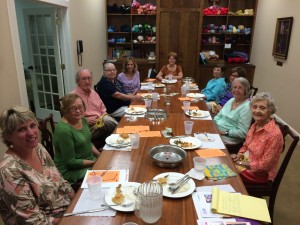
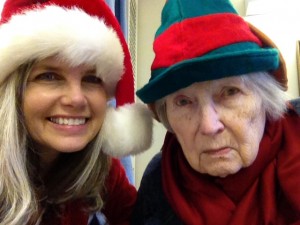
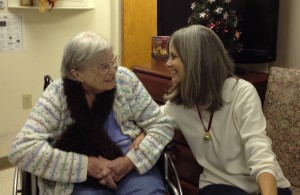

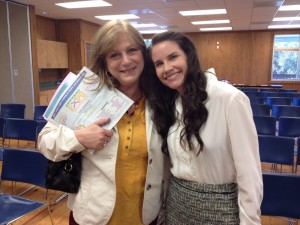
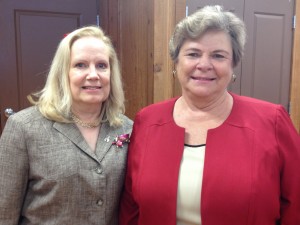
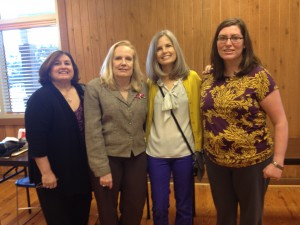
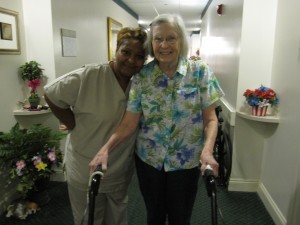


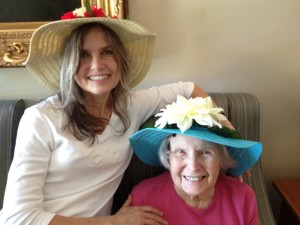

Recent Comments